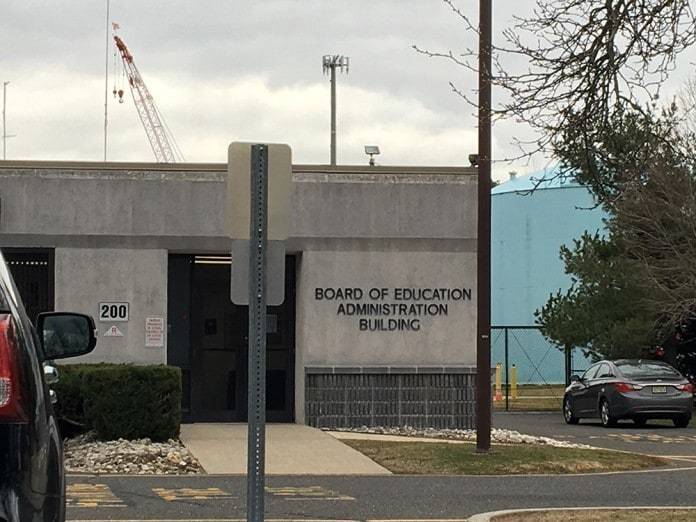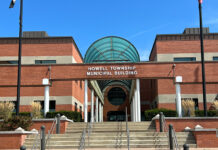
HOWELL – The Howell Schools proposed budget and tax levy will both see an increase for the 2017-2018 school year. The overall budget will increase by about $1.9 million from last year, to $113.3 million, and the tax levy will also grow by about $1.4 million, to $78,066,535.
The debt service stands at $5,998,708, which is included in the tax levy.
At a May 3 budget hearing and presentation at Howell Middle School North, Board of Education President Timothy O’Brien stressed that the budget was not crafted from a single meeting, but part of a greater goal to both control costs and prepare the next generation of citizens to be the best that they can be.
“To look at this budget in isolation is to miss the big picture,” said O’Brien. “We have the five-year strategic plan and each budget is designed for that strategic plan with a long-term focus.” He added that each year, the school board engages the administration in extensive dialogue and asks them to create a needs-based budget. “What I mean by that is there is a process for separating needs from wants,” he said.

With a tax rate of $1.161 per $100 of assessed valuation, the tax rate is decreasing $0.023 over the last budget. However, with the average home value in Howell Township going up to $332,528, the average homeowner will contribute $3,860 in local school taxes, or about $95 more.
Despite the uptick, Assistant Superintendent Ronald Sanasac said the school board actually left $14 million in unused tax dollars on the table.
The budget will maintain all current programs and implement new curriculum, accommodate all state mandates, continue to leverage 1:1 technology programs and open source content – which cuts down on the cost of physical textbooks – maintain teacher support, evaluations and training, expand support of student achievement initiatives and continue administrative efficiencies.
Some of the keys to success that Sanasac mentioned during his budget presentation were shared services, claims auditing, operational efficiencies and overall doing more with less.






